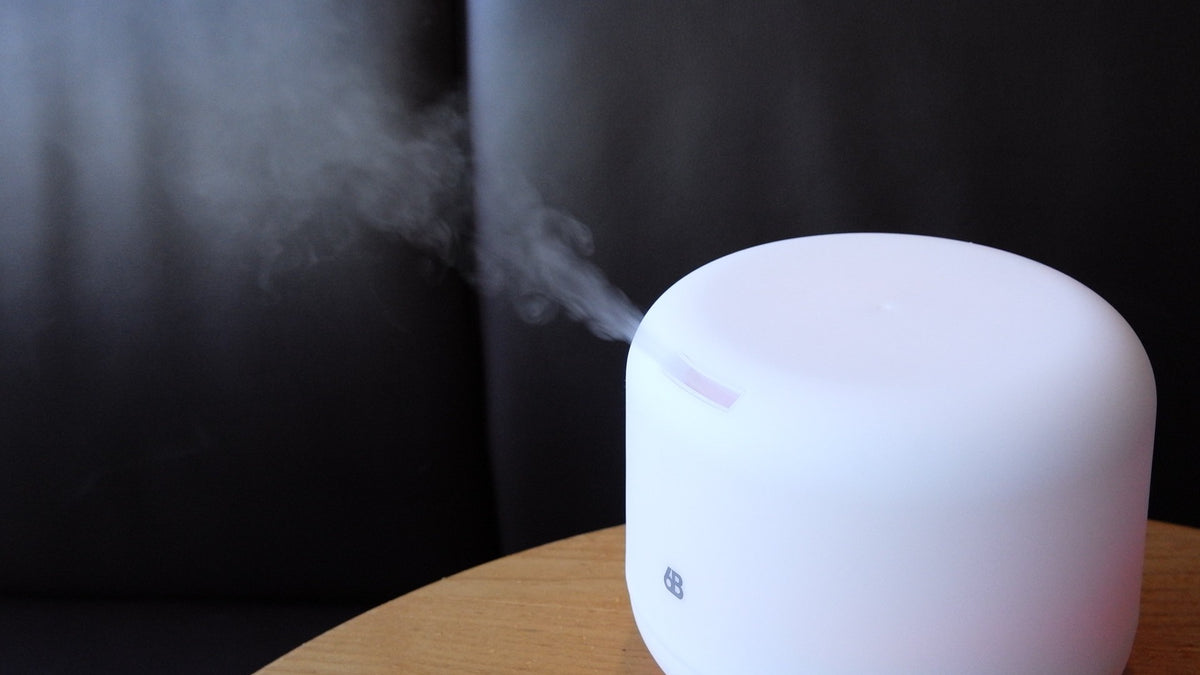

Articles
How To Know If You Need A Humidifier
Modified: January 7, 2024
Find out if you need a humidifier with these helpful articles. Improve your indoor air quality and prevent dryness in your home.
(Many of the links in this article redirect to a specific reviewed product. Your purchase of these products through affiliate links helps to generate commission for Storables.com, at no extra cost. Learn more)
Introduction
A humidifier is a device that adds moisture to the air in your home or office. It can be particularly beneficial in areas with dry climates or during the winter months when indoor heating systems can cause the air to become excessively dry. The ideal humidity level for a comfortable and healthy living environment is between 30 to 50 percent.
In this article, we will explore several signs that indicate you may need a humidifier in your space. By recognizing these signs, you can take steps to improve your indoor air quality and create a more comfortable atmosphere.
Key Takeaways:
- Say goodbye to dry skin, allergies, and static shocks by recognizing the signs that indicate a need for a humidifier. Improve your indoor air quality and create a more comfortable atmosphere.
- Invest in a humidifier to alleviate dryness, improve respiratory health, protect wood surfaces, and provide relief from discomfort caused by low humidity levels. Maintain a balanced and healthy indoor environment.
Read more: How To Know If You Need New Calipers
Sign 1: Dry Skin and Lips
If you find yourself constantly moisturizing your skin and applying lip balm throughout the day, it might be a sign that the air in your environment is too dry. Low humidity levels can cause moisture to evaporate from your skin, leading to dryness, itchiness, and chapped lips.
Dry skin not only feels uncomfortable but can also exacerbate existing skin conditions like eczema or dermatitis. Using a humidifier can help replenish moisture in the air, which in turn can nourish your skin and keep it hydrated. The increased humidity will prevent the evaporation of moisture from your skin, leading to a healthier complexion and softer lips.
Additionally, if you wake up in the morning with dry and cracked skin, it could be a sign that the air in your bedroom lacks sufficient moisture. Placing a humidifier in your bedroom can provide a steady stream of moisture throughout the night, keeping your skin hydrated and preventing dryness.
Sign 2: Frequent Allergies and Respiratory Issues
If you often suffer from allergies or respiratory issues, such as coughing, sneezing, or congestion, it may be worth considering a humidifier. Dry air can worsen allergy symptoms by causing dry nasal passages, which can lead to irritation and inflammation. The lack of moisture in the air can also make it easier for allergens like dust mites and pollen to linger and trigger allergic reactions.
A humidifier can help alleviate these symptoms by adding moisture to the air, which can soothe your nasal passages and respiratory system. Moist air can also help alleviate congestion by keeping your nasal passages and throat moist, making it easier to breathe comfortably. However, it is important to note that excessive humidity can also promote the growth of mold and mildew, which can exacerbate allergies. It is essential to maintain a balanced humidity level between 30 to 50 percent to avoid any potential issues.
In addition to allergies, if you frequently encounter respiratory issues like dry coughs or sinus problems, a humidifier can provide relief. The added moisture in the air can help soothe irritated airways, loosen mucus, and improve overall respiratory health.
Sign 3: Static Electricity
Do you find yourself constantly getting zapped by static electricity every time you touch something or someone? This annoying phenomenon is often intensified in environments with low humidity levels. Dry air lacks the necessary moisture to conduct electricity, leading to an increase in static electricity buildup.
A humidifier can help regulate the humidity levels in your space, reducing the likelihood of experiencing those pesky static shocks. By introducing moisture into the air, the humidifier helps to neutralize the electric charge, minimizing the occurrence of static electricity.
Not only does reducing static electricity improve your comfort by preventing those shocks, but it also helps protect sensitive electronic devices from potential damage. Static electricity can be harmful to electronic equipment, including computers, televisions, and other gadgets. By maintaining a healthy humidity level, you are safeguarding your electronics from static-related issues, such as short circuits or damage to internal components.
Sign 4: Cracked Wood Furniture and Flooring
If you notice that your wood furniture or flooring is starting to crack or split, it could be due to low humidity levels in your environment. Wood is susceptible to changes in moisture content, and when the air lacks sufficient moisture, it can cause the wood to dry out and shrink.
When the air is too dry, the moisture in the wooden furniture or flooring is drawn out, causing it to contract and possibly crack. This can not only affect the appearance of your furniture but also weaken its structure over time. Cracked wood flooring can be particularly problematic, as it can lead to further damage and potentially costly repairs.
By using a humidifier, you can introduce moisture into the air, helping to stabilize the moisture content of the wood. This can prevent cracking and splitting, prolonging the lifespan of your wooden furniture and flooring. Just be sure to monitor the humidity levels and keep it within the recommended range for optimal preservation of your wood surfaces.
Monitor the humidity levels in your home using a hygrometer. If it consistently measures below 30-40%, you may benefit from using a humidifier to add moisture to the air.
Read more: Everything You Need To Know About Ladders
Sign 5: Persistent Dryness in the Air
If you constantly feel a sense of dryness in the air, despite your best efforts to hydrate yourself, it may be a sign that the humidity levels in your environment are too low. Dry air can be attributed to various factors, including climate, heating systems, and ventilation.
Persistent dryness in the air can lead to a range of discomforts. It can cause dry and itchy eyes, a scratchy throat, and even contribute to sinus congestion. Additionally, dry air can also affect the quality of your sleep, leading to a parched throat and general discomfort throughout the night.
Fortunately, a humidifier can effectively combat dryness by infusing moisture into the air. This moisture can help alleviate the symptoms associated with dry air, providing relief for your eyes, throat, and nasal passages. By creating a more humid environment, you will feel more comfortable and hydrated, improving your overall well-being.
Remember, it is important to strike a balance when using a humidifier. While sufficient moisture is beneficial, excessive humidity can lead to problems like condensation, mold growth, or an excessively humid environment. Regularly monitor the humidity levels and adjust the humidifier settings accordingly to maintain a comfortable and healthy atmosphere.
Sign 6: Worsened Asthma Symptoms
If you or a family member suffers from asthma, dry air can aggravate the symptoms and make breathing more difficult. When the air lacks moisture, it can irritate the airways and trigger asthma attacks or worsen existing respiratory conditions.
A humidifier can help alleviate asthma symptoms by adding moisture to the air and reducing the irritants that can trigger an attack. The increased humidity can soothe inflamed airways and make breathing easier. However, it is important to note that not all asthma cases will benefit from humidifiers, as some individuals may be more sensitive to high humidity levels. It is best to consult with a healthcare professional to determine if using a humidifier is appropriate for your specific condition.
When using a humidifier for asthma relief, it is crucial to ensure that the humidifier is cleaned and maintained regularly. Failure to do so can lead to the growth of mold or bacteria, which can further exacerbate respiratory issues. A clean and well-maintained humidifier will provide the desired benefits without introducing additional health risks.
Always follow the recommended guidelines for humidity levels and consult with your doctor for personalized advice on managing and mitigating asthma symptoms.
Sign 7: Cold and Flu Symptoms Last Longer
If you find yourself suffering from prolonged cold and flu symptoms, it may be due to the dryness of the air in your environment. The lack of moisture in the air can prolong the recovery process and make it more challenging for your body to heal.
Dry air can irritate your nasal passages and throat, making it easier for viruses to thrive and prolonging the duration of your illness. The dry environment can also lead to congestion, making it harder for your body to clear out mucus and recover from respiratory symptoms.
By using a humidifier, you can introduce moisture into the air and alleviate the dryness that can worsen cold and flu symptoms. The increased humidity can help soothe your nasal passages and throat, reducing irritation and aiding in mucus clearance. This can lead to faster recovery times and alleviate discomfort associated with respiratory infections.
However, it is important to note that a humidifier is not a cure for a cold or the flu. It is merely a supportive measure that can help alleviate symptoms and create a more comfortable environment for recovery. It is essential to follow proper hygiene practices, seek medical advice when necessary, and ensure regular cleaning of the humidifier to maintain a healthy indoor environment.
Conclusion
Investing in a humidifier can have numerous benefits for your health and comfort. By recognizing the signs that indicate a need for a humidifier, you can address issues such as dry skin, frequent allergies, static electricity, cracked wood furniture, persistent dryness, worsened asthma symptoms, and prolonged cold and flu symptoms.
A humidifier introduces moisture into the air, creating a more balanced and comfortable environment. It can alleviate dryness, improve respiratory health, prevent static shocks, protect wood surfaces, and provide relief from various discomforts caused by low humidity levels.
When selecting a humidifier, consider factors such as the size of the space, the desired humidity level, and maintenance requirements. It is crucial to maintain a proper humidity balance and regularly clean the humidifier to avoid potential issues like mold or bacteria growth.
Remember to monitor the humidity levels in your home or office and adjust the settings of your humidifier accordingly to maintain optimal comfort and health. If you have specific health concerns or conditions, consult with a healthcare professional to determine the best approach for using a humidifier.
In conclusion, a humidifier can be a valuable addition to your living or working space, providing numerous benefits for your well-being. Say goodbye to dryness, discomfort, and respiratory issues, and embrace a more comfortable and healthy indoor environment with the help of a humidifier.
Frequently Asked Questions about How To Know If You Need A Humidifier
Was this page helpful?
At Storables.com, we guarantee accurate and reliable information. Our content, validated by Expert Board Contributors, is crafted following stringent Editorial Policies. We're committed to providing you with well-researched, expert-backed insights for all your informational needs.





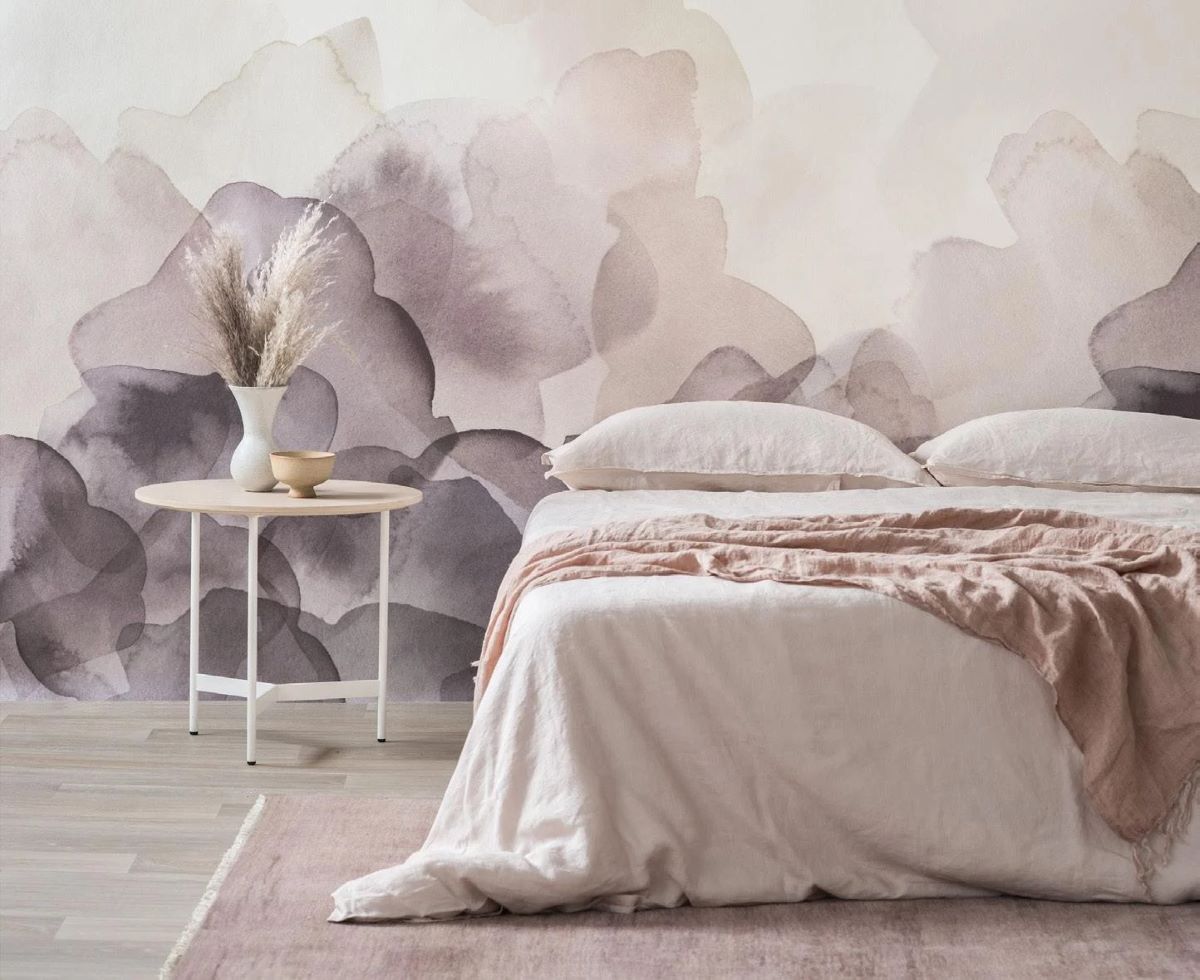

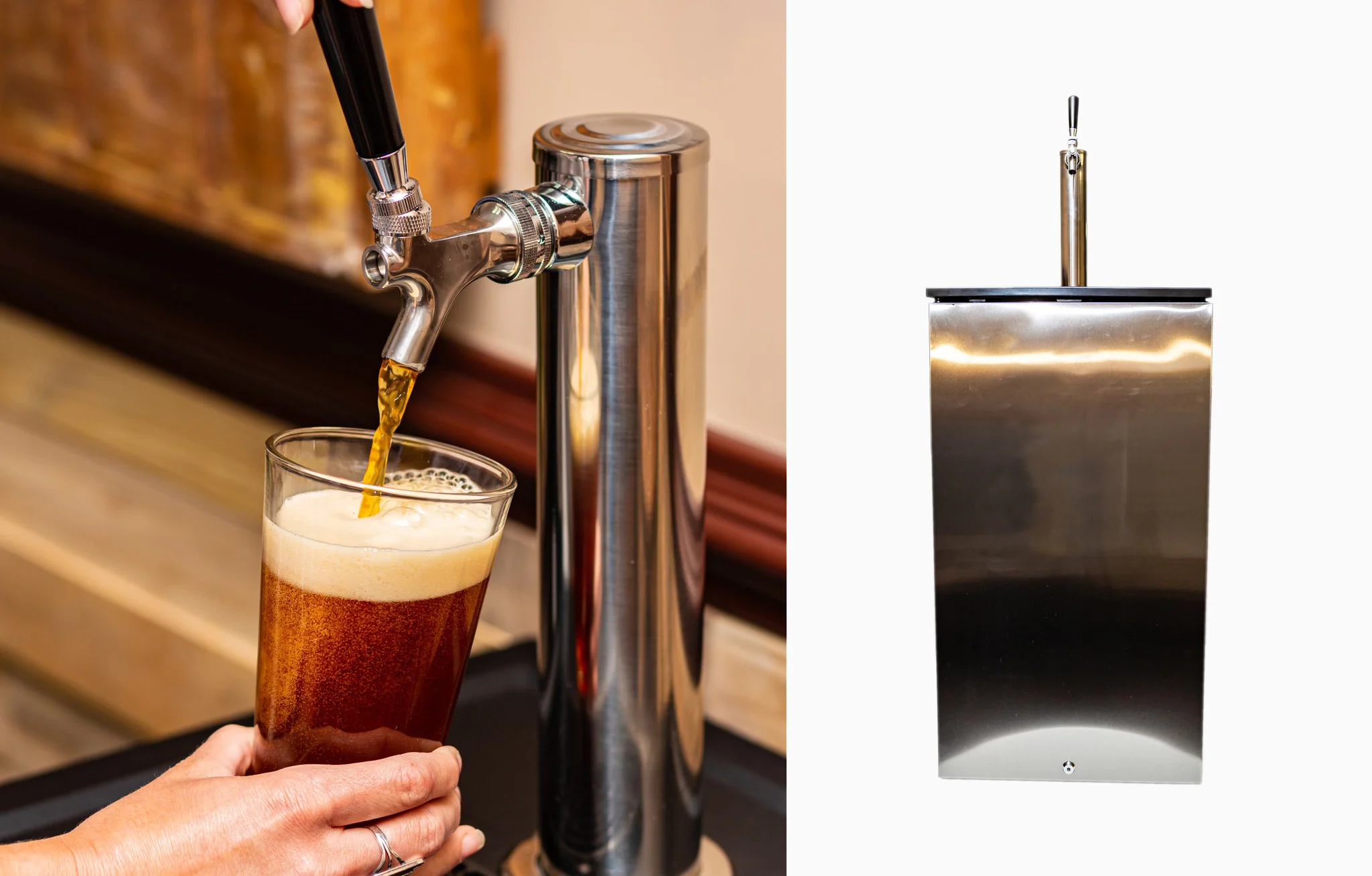



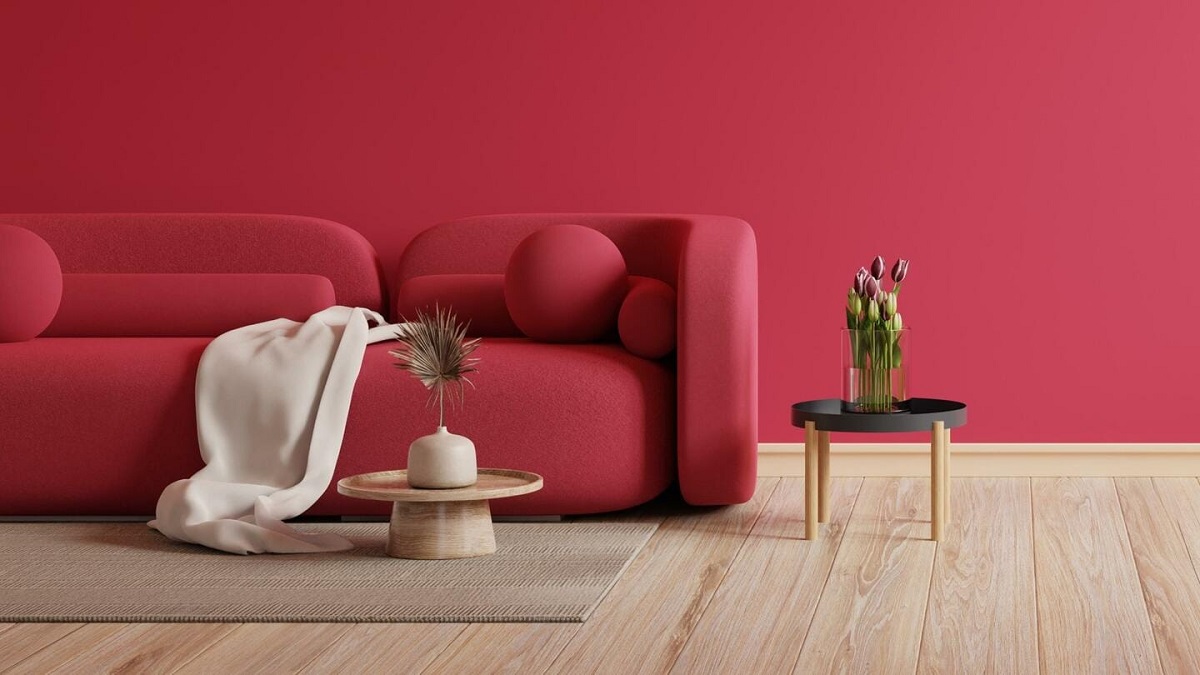

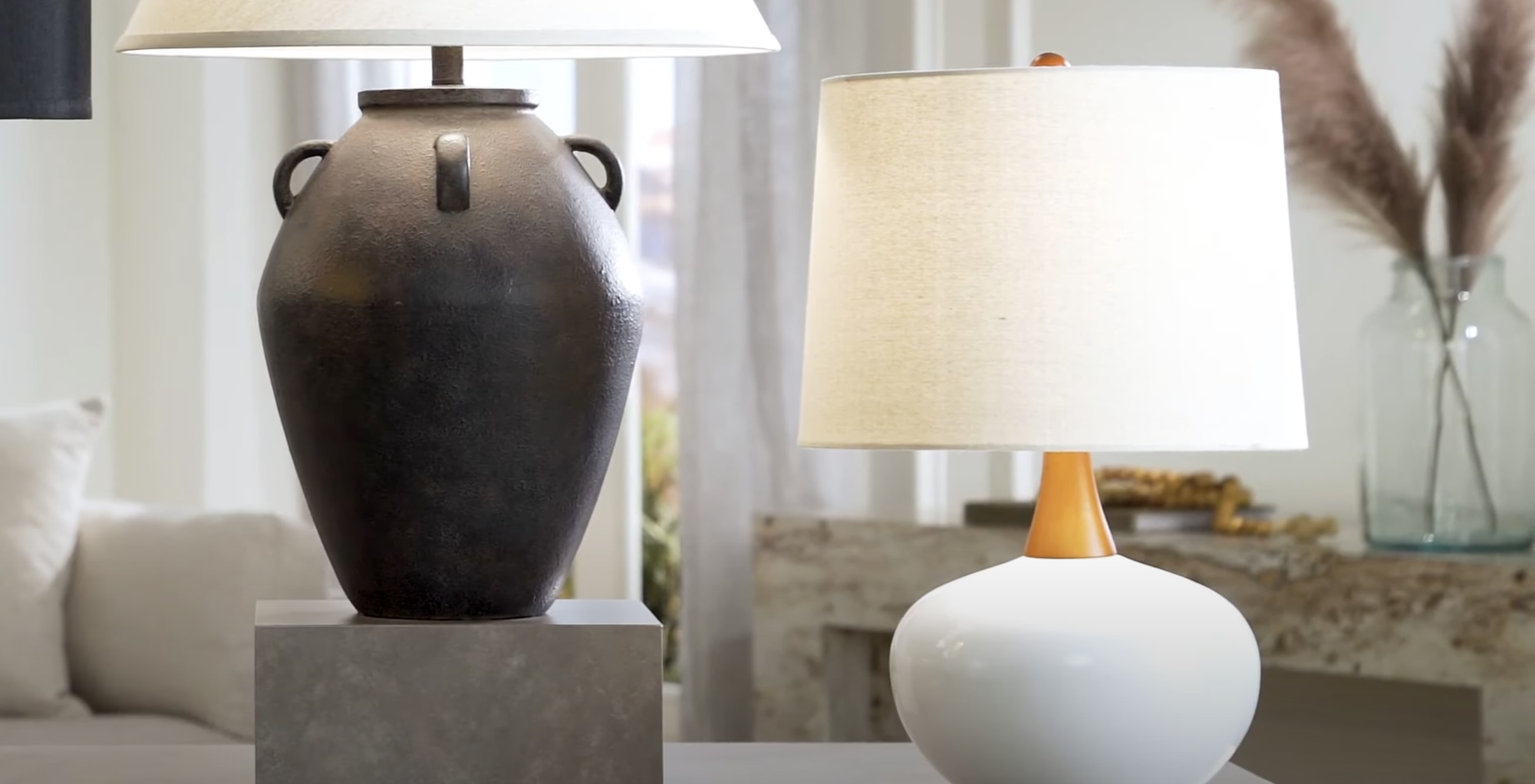

0 thoughts on “How To Know If You Need A Humidifier”